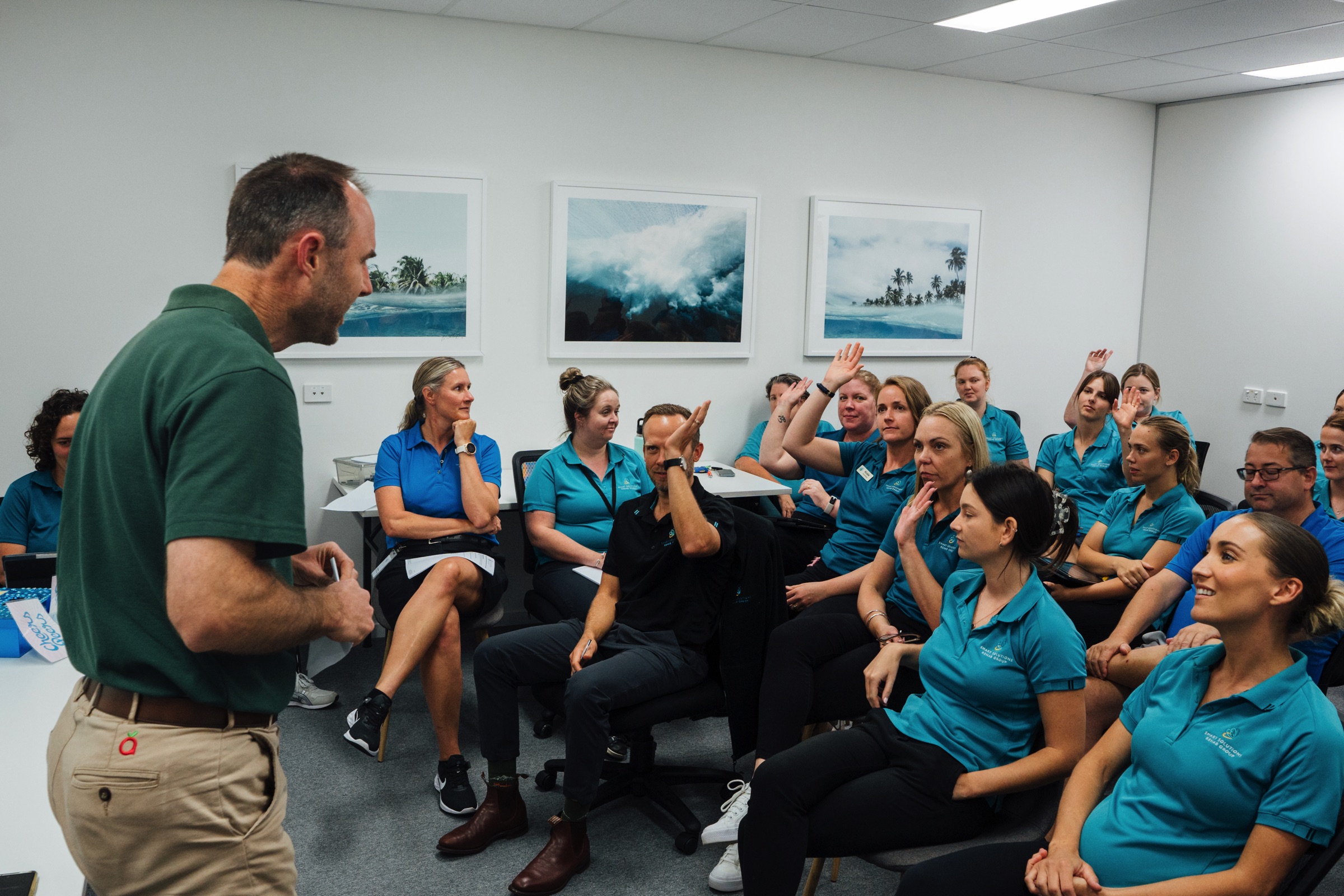Inherited Conditions with Fragile X Gene
Fragile X-associated Disorders are a term given to a range of inherited conditions that occur as a result of alterations in the FMR1 gene (Fragile X gene).
It is estimated in Australia, 1 child per week is born fully affected by Fragile X syndrome and 20 are born carriers of Fragile X. Fragile X syndrome can cause delayed speech and motor development, difficulties with behaviour and social interaction, and intellectual disability.
What causes Fragile X Syndrome?
Fragile X Syndrome is an inherited genetic condition, which means the disease is passed down from one or both of their parents. The ‘X’ refers to the X chromosome, which is where the alterations to the FMR1 gene occur.
Fragile X is believed to impact 90,000 Australians in some way – as carriers of the gene or with Fragile X syndrome. 1 in 250 women and 1 in 800 men are estimated to be carriers of Fragile X Syndrome (premutation carriers).
How does Fragile X affect the body?
Fragile X affects each person differently, with symptoms ranging from subtle to severe.
Fragile X syndrome is a leading cause of inherited intellectual disability and can include conditions such as learning disability, impaired motor skills, impaired speech, language and communication.
Behavioral difficulties associated with Fragile X syndrome can include hyperactivity, difficulties with concentration, difficulties understanding and engaging in social interactions, poor eye contact, difficulties processing sensory information, poor impulse control, aggression, anxiety, and destructive behaviors. Autism Spectrum Disorder (ASD), Attention Deficit Hyperactivity Disorder (ADHD) and Seizure Disorders are very common in people with Fragile X syndrome.
How does Fragile X impact adult life?
Fragile X syndrome can reduce the ability to independently manage everyday skills such as personal hygiene, domestic duties, making friends and managing behaviors. Furthermore, adults with Fragile X syndrome are at a higher risk of mental health challenges, with more than two thirds of both males and females diagnosed with Fragile X experiencing anxiety and depression.
Premutation carriers of Fragile X can develop conditions such as tremor ataxia syndrome, fertility problems (including premature menopause) and a range of neuropsychiatric disorders.
Who can assist with Fragile X syndrome under NDIS funding?
Smart Solutions Rehab Group (SSRG) are currently accepting referrals for people aged 16 and over who are looking to access or obtain support under an NDIS plan. SSRG are registered to provide the following services:
- NDIS access reports
- Assistive Technology (including low risk equipment prescription)
- NDIS Functional Capacity Assessment
- NDIS SIL and SDA reporting
- Complex Home Modifications
- Therapy and Interventions (…further details noted below)
- NDIS Plan review reporting
An Occupational Therapist can assist people with Fragile X Syndrome with the following:
- Developing participation and independence in activities of daily living such as hygiene, cleaning, cooking, money handling and domestic duties
- Conduct a sensory profile to provide insight into sensory behaviours
- Explore assistive technology options increased independence and seizure alerts
- Increase fine motor skills including dexterity, strength and range of movement
- Increase skills, confidence and abilities in social interactions
- Provide education to family and supports for co-occurring mental health conditions.
A Physiotherapist can assist with movement skills including
- Improve muscle tone
- Improve co-ordination and gross motor skills
A Speech and Language Therapist can assist with
- Assessment and intervention of communication skills
- Review of equipment options to facilitate/enhance communication
- Provide strategies for successful communication and information processing
Need to know more?
If you are needing assistance with accessing supports for ASD in adults under NDIS, our experienced Occupational Therapists, Physiotherapists and Speech Pathologists are here to help. Contact us today to discuss your needs via email at admin@ssrg.com.au or you can call us on 1300 729 190 and we will be happy to help!
Authors: Ebony Mitchell and Donna Joosten
More about the authors….
Ebony is an Occupational Therapist within SSRG’s NDIS Occupational Therapy Team servicing the Sunshine Coast and Fraser Coast regions. Ebony has experience in acute, community and disability sectors, with interest and skills in equipment prescription, physical disability and functional rehabilitation. Ebony holds a Bachelor of Occupational Therapy from James Cook University.
Donna is an Occupational Therapist and Manager of SSRG’s Occupational Therapy Team. Donna has worked extensively with neurological rehabilitation, particularly movement disorders and has completed training in physical and cognitive rehabilitation, mental health and complex equipment prescription. Donna holds a Bachelor of Occupational Therapy as well as qualifications in Business and Music.




